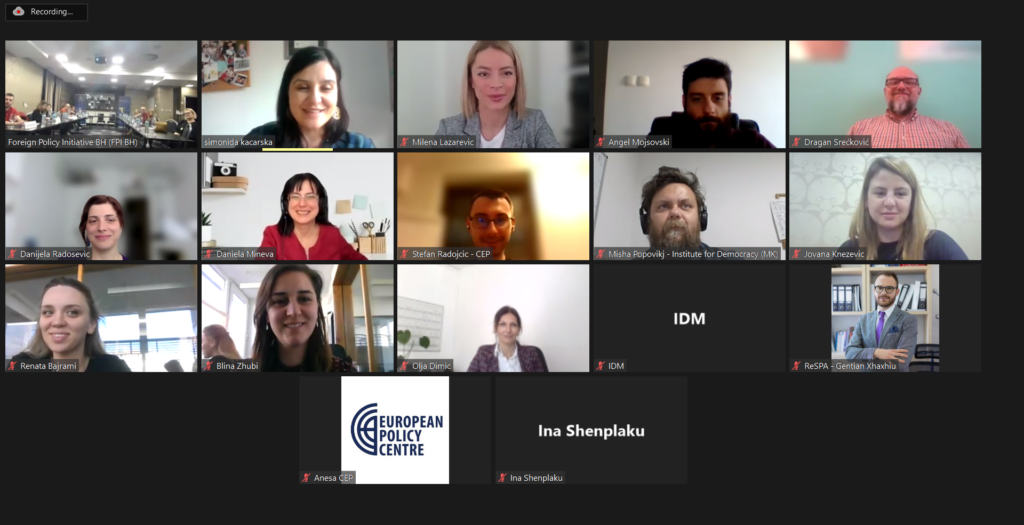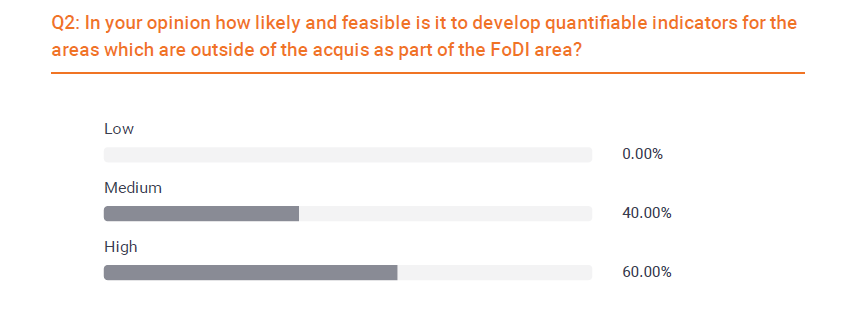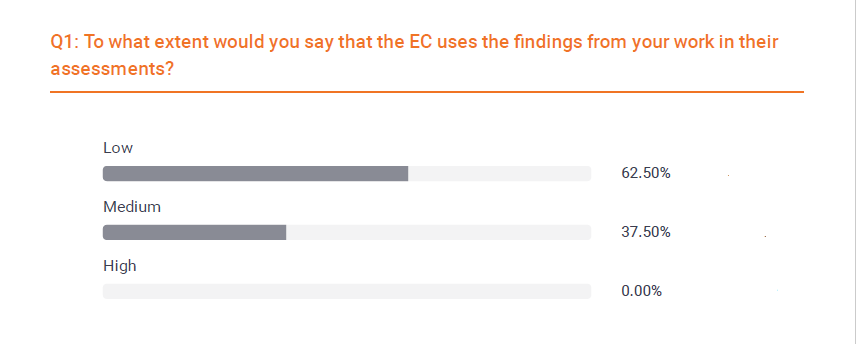Headquarters: Svetog Nauma 7, 11000
Office address: Đorđa Vajferta 13, 11000
Phone:: +381 11 4529 323

12 April 2023 – Today, an eleventh meeting of the regional WeBER Platform with topic of the Regional discussion on civil society monitoring of the EU accession process was held in a hybrid form, online and in Sarajevo.
Milena Lazarević Programme Director of the European Policy Centre – CEP, and Team Leader of the WeBER 2.0 initiative, opened the meeting by presenting a discussion paper on the revised enlargement methodology and predictability of the EU accession process. In the discussion paper, she pointed out that CSOs have called for more consistent and evidence-based monitoring and assessment to improve the credibility of the enlargement policy and reform processes.
Also, she spoke about the problem of inconsistency in the analysis of different policy aspects from one country’s report to another, which is why the reports are not comparable. A remedy to this problem was offered, such as CSOs performing monitoring of reforms in different areas assessed by the Commission or using-third party indicators based on the regional and national monitoring methodologies (The WeBER PAR Monitor, Monitoring of PAR at the local level – PratimJA initiative).

“Remedy to this problem is relying on the work of CSO and using third-party indicators based on regional or international monitoring methodologies particularly valuable for EC annual reporting. “
After the presentation of the discussion paper, examples of civil society’s monitoring reforms were discussed. Anja Basilkova Antovska and Uroš Jovanović from Civic Initiative presented examples. One of them was the establishment of the Council for Cooperation and Development of Civil Society in February this year.
“Establishing this Council for cooperation was very significant to improve CSO-Government relations and creating a stimulating environment for the development of Civil Society. “
Danijela Radošević, Programme Manager at National coalition for Decentralisation (NCD) presented the Civil Society Organisation Sustainability Index, which follows the sustainability of each country’s CSO sector annually. Index has seven dimensions. Some of them are legal environment, advocacy, service provision, and report analyses 74 countries, and NCD has been creating country reports since 2010. She emphasised that Serbia’s overall CSO sustainability rate is 4.3 on a scale from 1 to 7.
Later on, we started a fruitful discussion about the key issues that CSOs saw in the EC’s assessment reports and how they could be solved. In the discussion Klas Klaas, Regional Manager EU Enlargement from SIGMA gave meaningful contribution by explaining how SIGMA deals with measuring diffuse area as public administration reform and why is SIGMA changing the scoring, shifting to percentages when it comes to the quantifying of this area. The whole meeting was moderated by Simona Kacarska, Director at European Policy Institute (EPI) in Skopje.
Daniela Mineva, Senior Analyst from the Center for the Study of Democracy (CSD) presented CSD’s research on the problem of corruption and state capture by portraying meaningful insights about discrepancies in the analysis of how regular employees and management see the issue of corruption in Bulgarian Border Police. Ms Mineva explained the problem of perception about corruption, saying that regular employees are more willing to see and react to the issue of corruption than management.
At the end of the constructive discussion and the meeting Jovana Knežević, Senior Project Manager at CEP and WeBER 2.0 Project Manager, announced the regional survey for assessing the training needs of CSOs in the PAR area.
The discussion throughout the meeting was accompanied by live polls for the participants to get insights at the moment about the topics of the meeting.


This meeting was supported by Deutsche Gesellschaft für Internationale Zusammenarbeit (GIZ), one of the donors of the WeBER2.0 initiative.